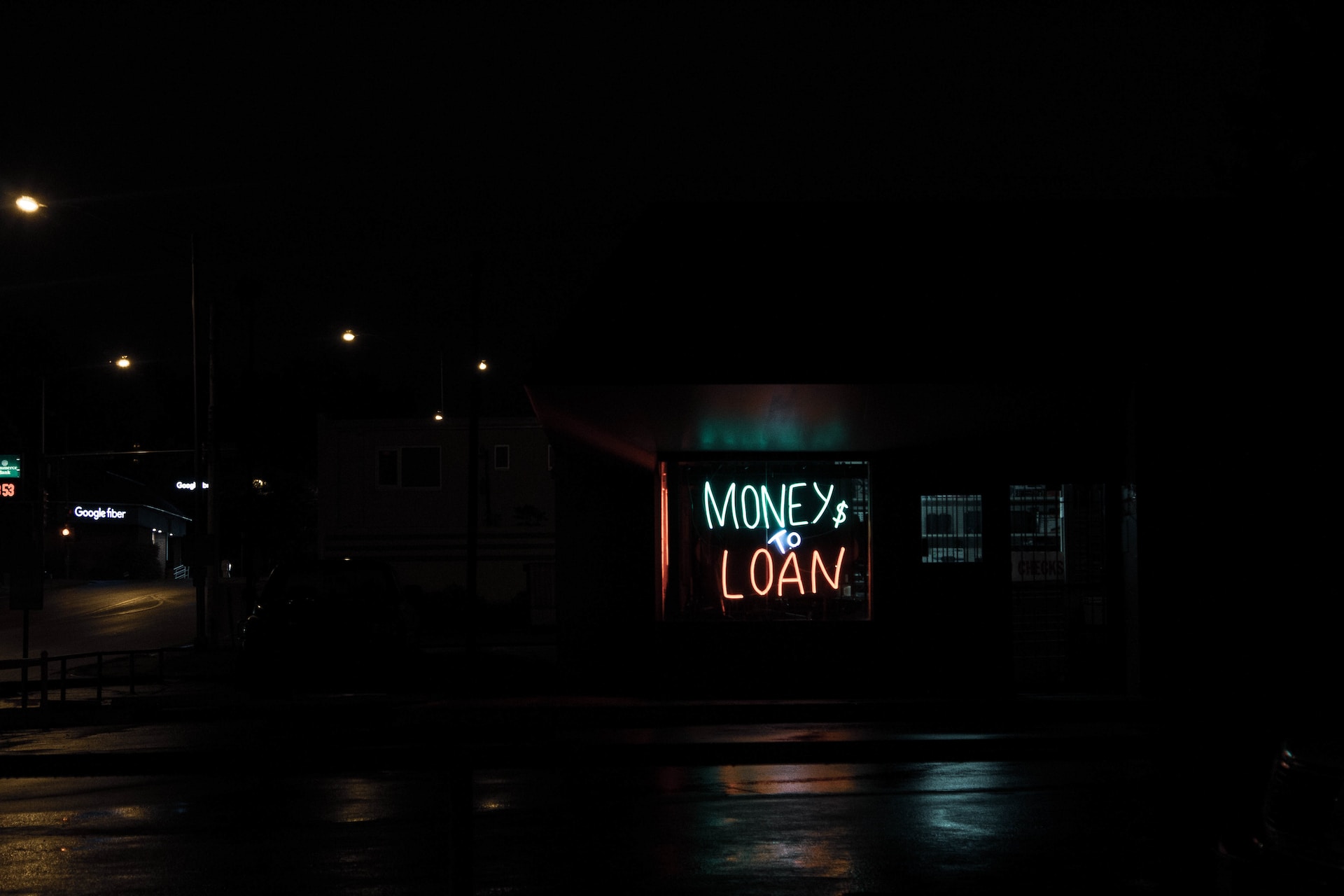
Commercial loans for businesses may be used to pay for things like new machinery or office space. Most loans are given out in full upfront, with repayment spread out over a certain number of payments and a predetermined interest rate.
Commercial loans, on the other hand, are aimed towards more established firms of a medium or large size and hence have larger loan amounts.
The length of time in the company, the quality of the borrower’s credit, and the amount of the borrower’s yearly income are all factors that lenders consider when deciding whether to provide loans. In addition, business commercial loans often need collateral, which is an asset of the firm that serves as security for the loan and which the lender may reclaim in the event of failure. The kind of loan will determine the exact collateral required.
Table of Contents
ToggleVarious Loan Options for Businesses
Commercial business loans are available from a variety of sources, and some cater specifically to a borrower’s needs. Here are some examples of typical business loans that could work for your company:
- Equipment financing. A loan may help you pay for the office machinery and tools you require. If you fail to make your payments on schedule, the lender may confiscate the equipment used as collateral.
- Commercial real estate loan. Commercial real estate loans are similar to house mortgages in that they may be used to acquire or improve commercial property. The property is being used as security.
- Commercial auto loan. Commercial vehicle loans, such as forestry logging loans may be used to purchase cars, trucks, vans, and other vehicles for your company. The automobiles themselves are sometimes used as collateral for a business auto loan.
- Commercial construction loan. These loans may be used to build or renovate offices, apartments, hotels, and retail malls. It’s possible that the property is being used as collateral on the loan.
- Bridge loan. Bridge loans are short-term loans that are often utilized in commercial real estate to bridge a funding gap using the property as collateral.
- Inventory financing. Inventory finance might help you stock up on goods and supplies before you sell them. Products you purchase are often used as collateral for inventory loans.
How to Get a Commercial Loan?
Commercial business loans are available from many different sources; banks are only one of them. You might also look into the Small Business Administration (SBA), internet lending platforms, and charitable organizations that provide loans.
Banks
Business owners seeking commercial loans have a multitude of options available to them. When evaluating potential lenders, it’s essential to keep several key factors in mind. Firstly, most lenders prioritize business owners with strong personal credit scores, typically requiring a minimum of 670 on the FICO scale. Additionally, they may assess the creditworthiness of your company itself. Beyond these credit-related considerations, other lender-specific factors warrant attention. These encompass criteria such as the duration of your company’s operation, yearly revenue thresholds, and collateral prerequisites. To make an informed decision about your commercial loan, it’s crucial to explore various lending options, including those offered by the national banks for checking and savings, ensuring your choice aligns with your business’s unique financial needs and goals. This strategic approach will not only enhance your chances of securing the right financing but also help you establish a strong financial foundation for your business. Lender-specific factors to consider beyond yearly revenue minimums and collateral requirements include the length of time your company has been in operation.
Lender-specific factors to consider beyond yearly revenue minimums and collateral requirements include the length of time your company has been in operation.
Loan Brokers Online
If you need a commercial business loan, you might potentially search for one online. The application and financing procedures for online lenders are often far quicker than those of traditional banks. And if your company has been operating for less than two years, you may find their borrowing restrictions more accommodating.
SBA
Business owners may get commercial loans with government backing thanks to the SBA’s network of lending partners. It provides microloans of up to $50,000, as well as 504 and 7(a) loans of up to $5 million.
The SBA must recognize your organization as a business, and you must not be in default on any other obligations for it to be eligible for a loan.  If you meet the requirements, the Small Business Administration (SBA) may be able to provide you with a loan at reasonable interest rates and fees, in addition to offering you business guidance and training.
If you meet the requirements, the Small Business Administration (SBA) may be able to provide you with a loan at reasonable interest rates and fees, in addition to offering you business guidance and training.
Nonprofit Lenders
A microloan (usually $50,000 or less) may be available through a nonprofit lender or other microfinance institution that uses a nontraditional lending approach. Microloans from SBA-approved lenders get SBA backing.
While some charity lenders exclusively operate inside a single state, others serve clients all throughout the country. Prior to applying for finance, verify with any nonprofit lenders.






